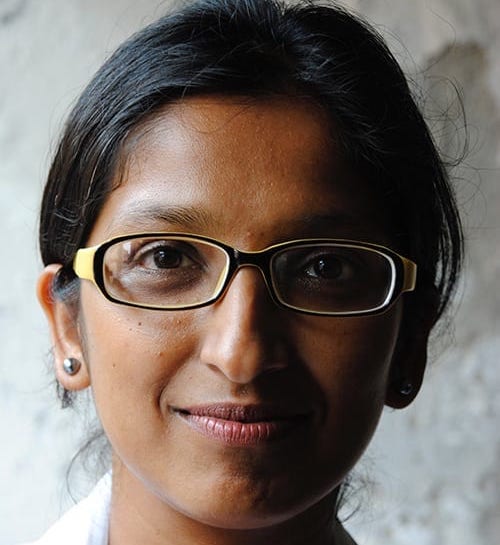
Naveeda Khan
International Dissertation Research Fellowship 1999
Project Title
Constructing Citizens: Urban Mosques in Pakistan (1947-present) Institutional Affiliation (at time of award)
Anthropology, Columbia University 